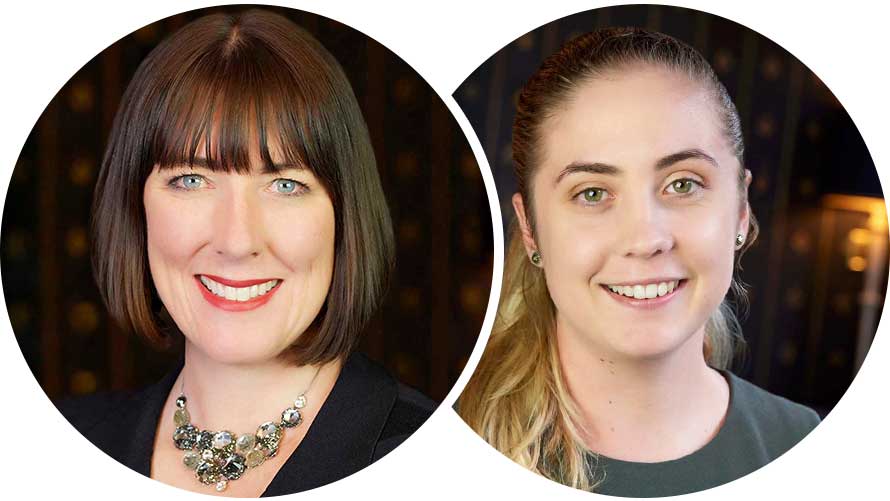On 6 February 2025, Shanghai Henlius announced that it has entered into a licence agreement with Dr. Reddy’s for HLX15, biosimilar to Johnson & Johnson’s Darzalex® (daratumumab) and Darzalex Faspro® (daratumumab and hyaluronidase-fihi), used in treating multiple myeloma. The agreement grants Dr Reddy’s exclusive commercialisation rights for HLX15, covering both subcutaneous and intravenous formulations, across 42 European countries and the United States. Henlius is responsible for development, manufacturing and supply, and will receive up to US$131.6 million, including US$33 million upfront and additional milestone payments and royalties based on annual net sales of HLX15.
In June 2024, Henlius announced the completion of phase 1 clinical trials of HLX15, demonstrating that HLX15 has similar pharmacokinetic characteristics, and comparable safety and immunogenicity profiles to Darzalex®.
Worldwide annual net sales of Darzalex® (daratumumab) in 2024 totalled US$11.7 billion.





